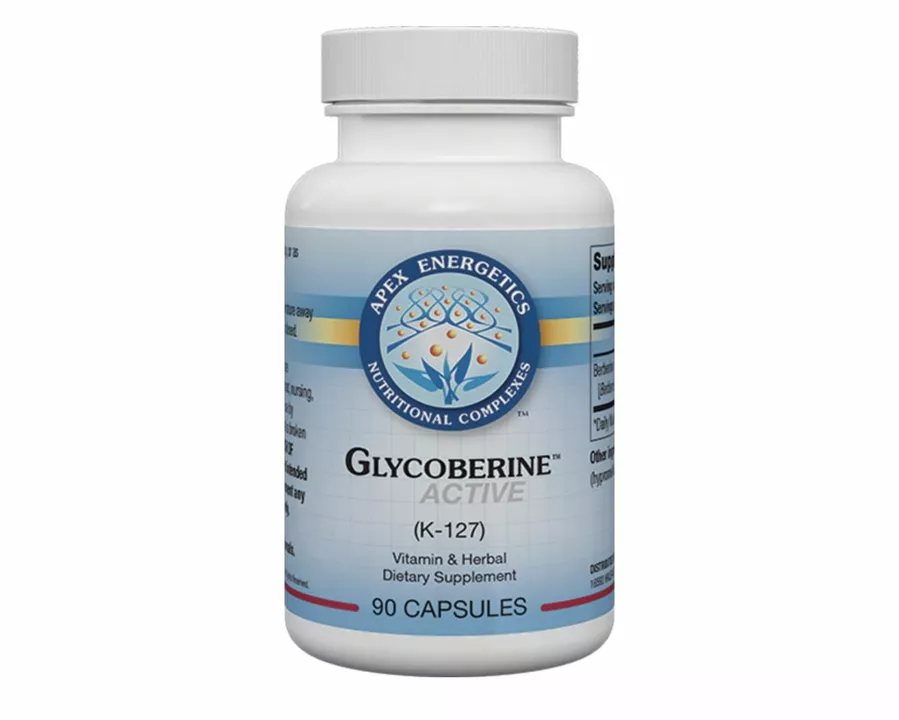Vitamin C: What It Does, How Much You Need, and Where to Get It
Think vitamin C is just for colds? It's a lot more. This simple nutrient helps build collagen, supports your immune system, and boosts iron absorption from plant foods. For people managing chronic conditions like diabetes, vitamin C can help support blood vessel health, but always check with your doctor before starting a new supplement.
Food is best. Top sources include oranges and citrus, strawberries, kiwi, red and green bell peppers, broccoli, Brussels sprouts, and tomatoes. Eating raw or lightly steamed veggies keeps more vitamin C—heat and long cooking break it down. Aim to add one high‑vitamin C food at each meal: a pepper in a salad, a kiwi with breakfast, or berries as a snack.
How much is in everyday foods?
How much is in common foods? A medium orange has about 70 mg, a kiwi about 60 mg, half a red bell pepper roughly 95 mg, one cup of strawberries around 85 mg, and a cup of cooked broccoli about 50 mg. Knowing these numbers makes it easy to reach daily needs without pills.
How much should you take?
Recommended daily amounts: about 90 mg for adult men and 75 mg for adult women. Smokers need about 35 mg extra. Most people meet needs through diet, but supplements are handy if your diet is low in fresh produce. Avoid mega‑doses—taking more than 2,000 mg a day can cause stomach upset and may raise the risk of kidney stones in people prone to them.
If you use a supplement, split the dose across the day (for example, 500 mg twice daily) to improve absorption and reduce stomach issues. Choose clear label types like ascorbic acid or sodium ascorbate. Liposomal vitamin C is marketed for higher absorption, but whole foods still give added nutrients you won't get from pills.
What to watch for
Clear signs of deficiency include easy bruising, slow wound healing, dry skin, and fatigue. Severe deficiency causes scurvy, but that's rare where fresh food is available. High doses can change how some lab tests read results and can increase iron absorption—so if you have hemochromatosis (excess iron) or other iron issues, talk to your doctor first.
Also mention any regular medicines to your clinician. If you take blood thinners, chemotherapy, or have kidney disease, check before using high‑dose vitamin C. Pregnant or breastfeeding? Stick to the recommended amounts and ask your provider.
Practical daily plan: eat a citrus fruit or 1 cup of strawberries, add a bell pepper to a salad, and steam broccoli lightly at dinner. If you supplement, pick a modest dose to fill diet gaps rather than replace fresh food. Keep a note of symptoms and lab changes and review them with your healthcare team.
Quick take: vitamin C supports skin, immunity, and iron uptake. Eat colorful fruits and vegetables first; use supplements only to top up. When in doubt, ask your doctor—especially if you have chronic health conditions or take regular medicines. Start small, track how you feel, and adjust with medical advice regularly too.

Vitamin C: The All-in-One Dietary Supplement You Need for Optimal Health
Haig Sandavol May 28 9Vitamin C has always been my go-to supplement for optimal health. It's an essential nutrient that supports our immune system, promotes healthy skin, and helps with the absorption of iron. I've found that incorporating Vitamin C into my daily routine has made a significant difference in my overall well-being. Plus, it also plays a role in collagen production, which is essential for maintaining strong bones and healthy blood vessels. So, if you haven't already, consider adding a Vitamin C supplement to your daily regimen for a noticeable boost in your health.
More Detail